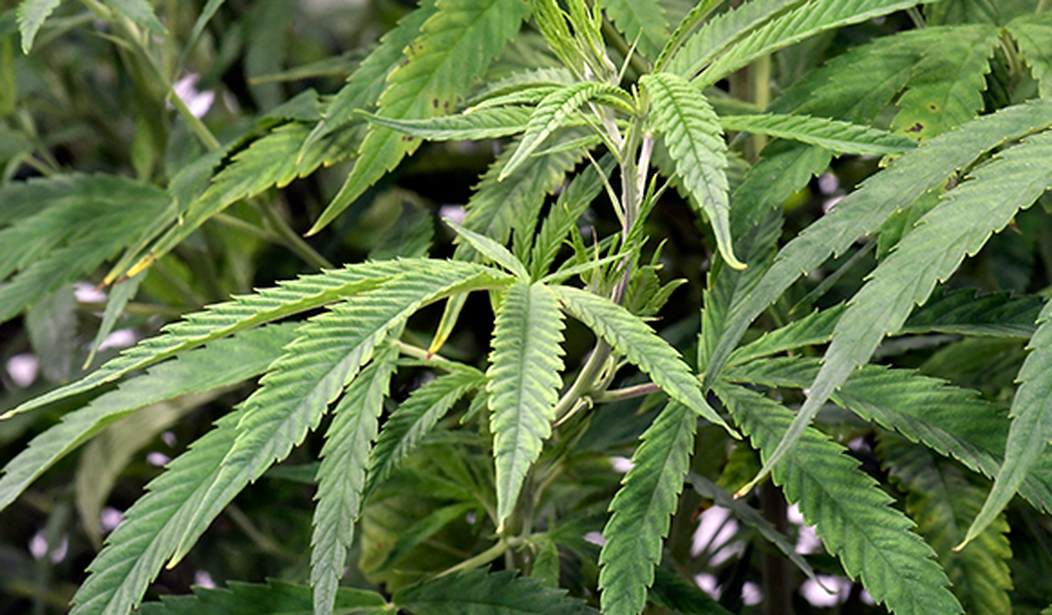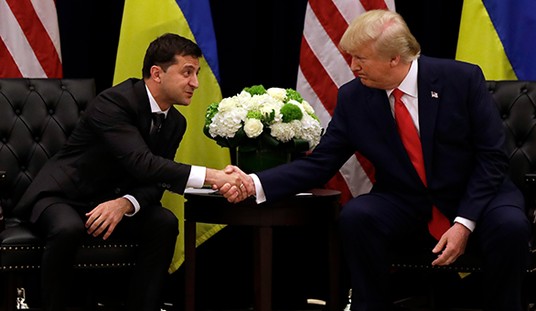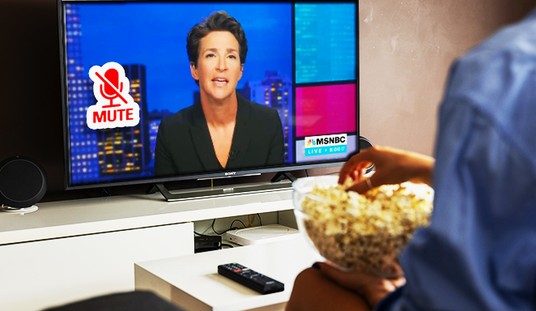The legalization of marijuana has been a topic of discussion in the United States for some time now. As a result, the legal marijuana industry is growing at an incredible pace, with billions of dollars in revenue now being generated each year. However, there is still a noticeable lack of Black Americans participating in the legal marijuana industry. And Diversity Equity and Inclusion (DEI) initiatives apparently aren’t helping.
The leading marijuana business publication MJ Biz recently published a startling article claiming the cannabis industry is racist. This seems quite odd for an industry dominated by liberals. Who could possibly better showcase the benefits of DEI than the left-leaning executives in the marijuana industry?
Open Secrets shows that virtually all donations from marijuana companies go to Democrats. An MG Cannabis News article lists 22 Leaders in the Cannabis industry. Most are involved with some aspects of “social equity” or “social justice.” One of the leaders, De La Rosa, “launched the People’s Group LLC, a $50-million fund to invest in BIPOC- [Black, indigenous, and people of color] and women-led cannabis companies to draw attention to the lack of social equity, capital, and investment opportunities within the cannabis industry.” Another executive Wendy Berger is “working to reverse harms from the war on drugs, having already issued grants of $75,000 to Philadelphia Lawyers for Social Equity, Innovation Works Baltimore.”
Moreover, almost all the 22 states that have legalized recreational marijuana have included provisions to promote “racial equity” in the industry. This Reason Report outlines those efforts. State programs range from funding to regulatory requirements. In Massachusetts and Illinois there are low interest loans for “victims of the drug wars.” Almost all states require a percentage of licenses be reserved for those social equity applicants. New York has made $200 million available to enable “justice-involved” individuals to own and operate cannabis stores.
Recommended
Yet despite the industry being dominated by people who are committed to some form of “equity” and the state promoting social justice, the number of Blacks in the industry is on the decline. A 2022 MJBizDaily report, “Diversity, Equity & Inclusion in the Cannabis Industry,” found a significant drop in “nonwhite” cannabis executives. This article summed up the report, saying "Last year, only 12.1% of U.S. marijuana executives were nonwhite, down from 13.1% in 2021 and 28% in 2019. It’s a similar story for cannabis business ownership by racial minorities."
Not only is there a decline in “nonwhites” being involved at top levels of the industry, there are accusations of simple racism throughout the industry. The article notes “Allegations of racial discrimination are not unique to Trulieve among mainstream U.S. companies or newly founded legal marijuana businesses.” The article claims racial discrimination occurs despite the fact that industry executives “take great pains to address widely acknowledged ongoing racial disparities in the American marijuana industry.”
What makes the decline of Blacks at the executive level in the legal marijuana industry particularly baffling is that Blacks have seen much more representation across other industries in recent years. Today, there are more Black-owned businesses in America than ever before. In fact, the rate of Black business ownership rose by 38 percent compared to pre-pandemic levels.
All of this leads one to question how it is possible that Blacks are not succeeding at all levels of the now legal cannabis industry. This NBC news piece outlines the reasons from lack of access to capital, to regulatory barriers, to simply “racism.” And yet, every state and the industry is determined to enable Blacks to overcome those problems. Moreover, Blacks overcame more significant hurdles while running illegal marijuana businesses.
Perhaps the answer is not in the inability of Blacks to overcome hurdles. Rather, the decline of Blacks in the industry and the accusations of racism are proof of the failure of social justice programs and the condescending attitudes of those who promote DEI. It appears that the marijuana industry is like other industries who have championed misguided DEI programs that have not increased opportunity for minorities but have increased division and bias. Why aren't Blacks involved in the legal marijuana industry? We may never know, but clearly the DEI efforts haven't provided a solution.























Join the conversation as a VIP Member